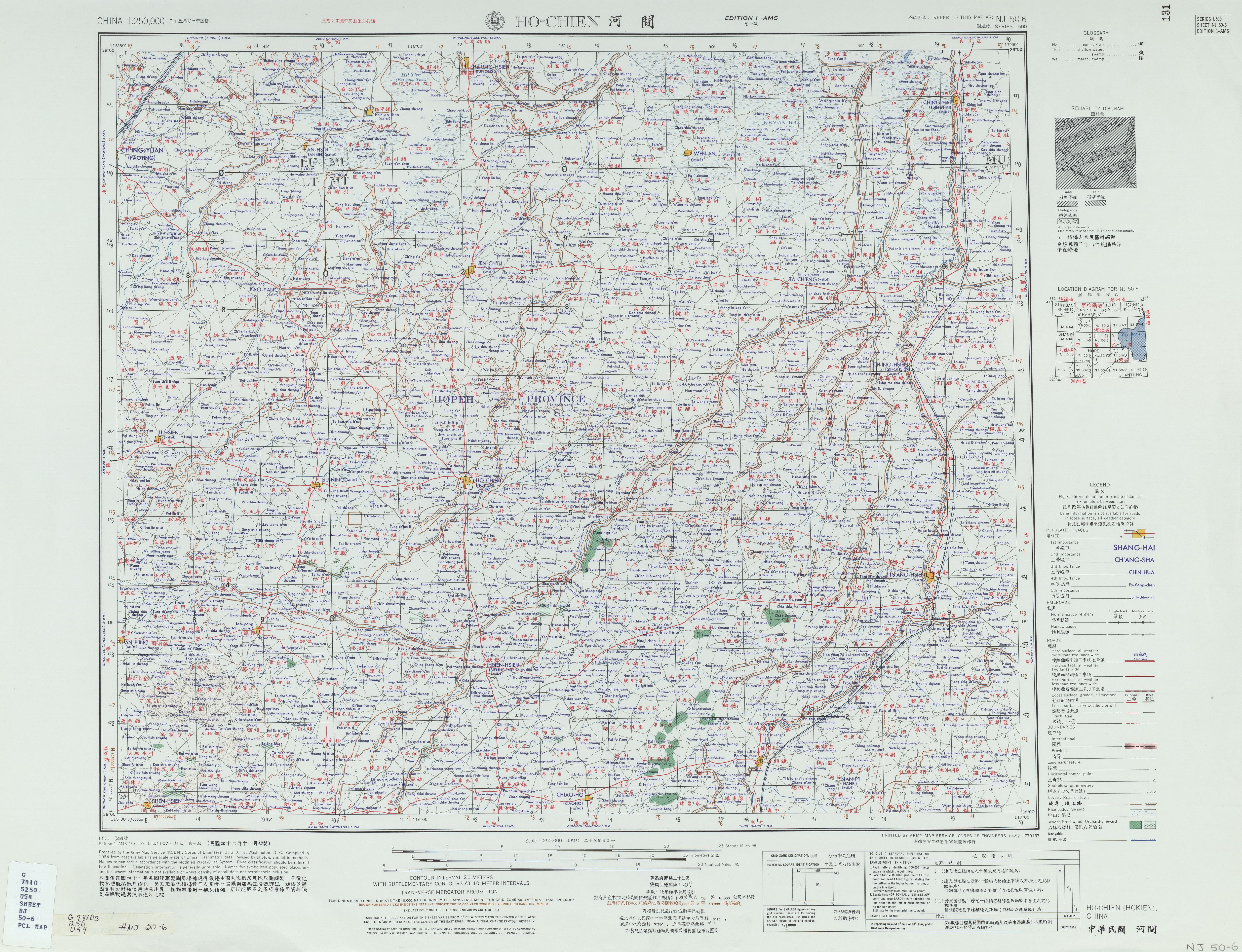Hejian on:
[Wikipedia]
[Google]
[Amazon]
Hejian (; alternative
Ho-kien


Official site (Chinese)
County-level cities in Hebei Cangzhou {{Cangzhou-geo-stub
romanization
Romanization or romanisation, in linguistics, is the conversion of text from a different writing system to the Roman (Latin) script, or a system for doing so. Methods of romanization include transliteration, for representing written text, and ...
s: Ho DsieHo-kien
fou
Fou may refer to:
People
* Fou Fonoti (born 1991), American football player
* Fou Ts'ong (born 1934), Chinese pianist
* Pama Fou (born 1990), Australian rugby union player
Other uses
* Fou (instrument) (缻), an ancient Chinese percussion ins ...
is a county-level city
A county-level municipality (), county-level city or county city, formerly known as prefecture-controlled city (1949–1970: ; 1970–1983: ), is a Administrative divisions of China#County level (3rd), county-level administrative divi ...
under the administration of the prefecture-level city
A prefecture-level city () or prefectural city is an administrative division of the People's Republic of China (PRC), ranking below a province and above a county in China's administrative structure.
During the Republican era, many of China' ...
of Cangzhou
Cangzhou () is a prefecture-level city in eastern Hebei province, People's Republic of China. At the 2020 census, Cangzhou's built-up (''or metro'') area made of Yunhe, Xinhua districts and Cang County largely being conurbated had a populatio ...
, in the east-central part of Hebei
Hebei or , (; alternately Hopeh) is a northern province of China. Hebei is China's sixth most populous province, with over 75 million people. Shijiazhuang is the capital city. The province is 96% Han Chinese, 3% Manchu, 0.8% Hui, an ...
province, China. , the population was ca. 895,000 inhabitants and the city territory was . Hejian is situated along China National Highway 106
China National Highway 106 (G106; , 106 Guo Dao) is a road from Beijing to Guangzhou.
It leaves Beijing at Yuquanying and heads to Gu'an County, Bazhou (Hebei), Kaifeng (Henan), Ezhou (Hubei), and eventually Guangzhou (Guangdong) on the south ...
.
History


SĂ©raphin Couvreur
Séraphin Couvreur (; EFEO Chinese transcription: kóu sái fēn; 14 January 1835 – 19 November 1919) was a French Jesuit missionary to China, sinologist, and creator of the EFEO Chinese transcription. The system devised by Couvreur of the à ...
(1835–1919) and Léon Wieger
LĂ©on Wieger (born 9 July 1856 in Strasbourg, France - died 25 March 1933 in Xian County, Hebei, China), was a French Jesuit missionary, medical doctor, theologist and sinologist who worked at the Catholic Jesuit mission in Hejian, together with ...
(1856–1933), two French Jesuit missionaries and renowned Sinologists worked at the Catholic Jesuit mission in Hejian.
The county contains the tomb of Chinese president Feng Guozhang
Feng Guozhang, (; courtesy: Huafu 華甫 or 華符) (January 7, 1859 – December 12, 1919) was a Chinese general and politician in early republican China. He held the office of Vice-President and then President of the Republic of China. He is ...
.
Administrative divisions
After changes in 2016, there were 2subdistricts A subdistrict or sub-district is an administrative division that is generally smaller than a district.
Equivalents
* Administrative posts of East Timor, formerly Portuguese-language
* Kelurahan, in Indonesia
* Mukim, a township in Brunei, Indon ...
, 7 towns
A town is a human settlement. Towns are generally larger than villages and smaller than cities, though the criteria to distinguish between them vary considerably in different parts of the world.
Origin and use
The word "town" shares an ori ...
, and 11 townships
A township is a kind of human settlement or administrative subdivision, with its meaning varying in different countries.
Although the term is occasionally associated with an urban area, that tends to be an exception to the rule. In Australia, Ca ...
:
Before changes in 2016, there were 7 towns and 13 townships:
Climate
References
External links
Official site (Chinese)
County-level cities in Hebei Cangzhou {{Cangzhou-geo-stub